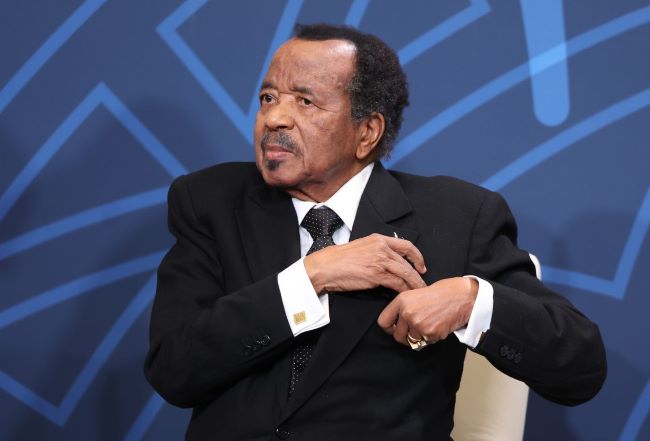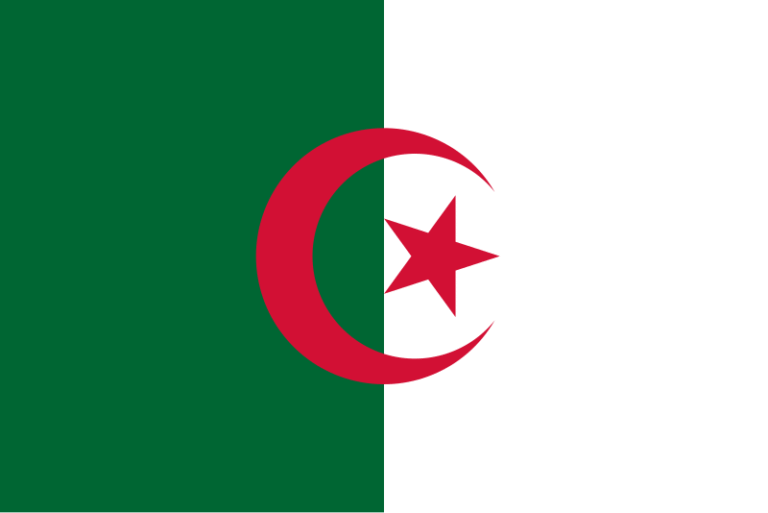
Authorities in Mauritius have arrested former central bank governor Harvesh Seegolam and ex-finance minister Renganaden Padayachy over allegations of embezzlement involving nearly 300 million Mauritian rupees—equivalent to approximately 8.9 million Singapore dollars.
The Independent Commission Against Corruption (ICAC) confirmed on Wednesday that the two high-profile former officials were taken into custody following what it described as “new evidence” uncovered in a wide-ranging investigation.
“Renganaden Padayachy and Harvesh Seegolam were detained in the afternoon of 9 March after the emergence of new evidence in the case,” the ICAC said in an official statement.
At the heart of the probe is the Mauritius Investment Corporation (MIC), a state-backed entity established to support domestic businesses grappling with the economic fallout of the COVID-19 pandemic.
The corporation, launched under the previous administration, was tasked with injecting critical funds into struggling sectors—but has since come under scrutiny over its financial dealings.
Both Seegolam and Padayachy, who held office during the previous government, have categorically denied any wrongdoing, describing the accusations as baseless.
Harvesh Seegolam served as governor of the Bank of Mauritius from March 2020 until November 2024. His tenure coincided with a period of unprecedented economic uncertainty driven by the pandemic and its global repercussions.
The arrests come as Prime Minister Navin Ramgoolam, who returned to power last year, pushes forward a sweeping anti-corruption agenda.
His government has made transparency and institutional accountability central pillars of its policy, vowing to root out misconduct that has long plagued the island’s public sector.
Shortly after taking office, Ramgoolam ordered a comprehensive audit of state institutions and accused the former administration of manipulating key economic indicators, including public debt and budget deficit figures.
The developments have sent shockwaves through Mauritius’s financial and political establishment, as the ICAC continues its investigation into what could become one of the country’s most significant corruption cases in recent years.



